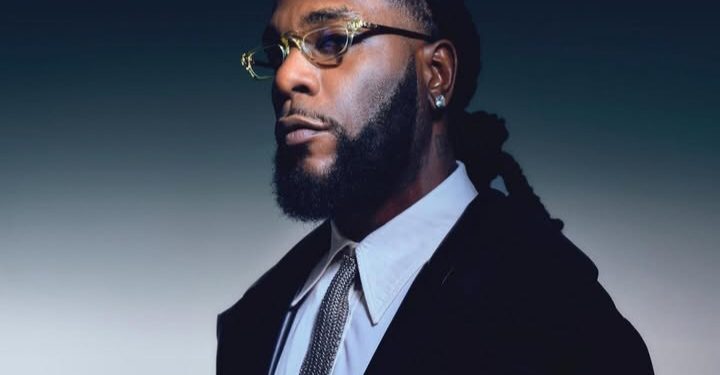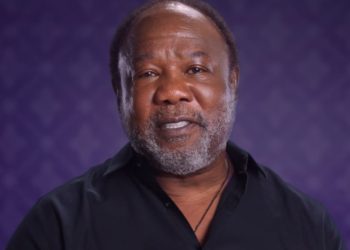Grammy-winning Nigerian artist Burna Boy has once again addressed the challenges he faced during his early days in the music industry, asserting that powerful individuals tried to sabotage his career. His comments came in response to veteran music executive Obi Asika’s recent revelations on The Afropolitan Podcast.
Obi Asika, the Director-General of the National Council for Arts and Culture (NCAC), spoke candidly about the obstacles Burna Boy encountered before achieving global recognition. Reflecting on the artist’s humble beginnings, Asika shared how Burna Boy was constantly denied opportunities to showcase his talent, even when he was willing to perform for free.
“This same Burna Boy that’s a million dollars plus today, they be blocking him… He’s from Port Harcourt, he’s not from Lagos, so they be blocking him,” Asika said. He highlighted how Burna’s geographical background was used against him by Lagos-based gatekeepers within the industry. “The same Burna Boy has bypassed everybody and exploded and now he can’t be blocked anymore.”
Burna Boy responded shortly after, confirming Asika’s remarks but adding that they barely scratched the surface of what he truly went through. “This is not even half of the story. They did everything they possibly could to break me, they are even still trying their best lol but all they did was create this unquenchable FIRE that will continue to burn them for eternity.”
Burna has, over the years, claimed that several figures in the Nigerian music industry, including the media, deliberately blacklisted him. This perceived antagonism has been frequently cited as one of the reasons behind his tense relationship with the Nigerian entertainment ecosystem, which he has often criticized for its lack of support.
Obi Asika’s recent comments appear to validate Burna Boy’s past claims and shed further light on the deeply rooted industry politics that many believe stifled his early rise. Despite the odds, Burna has grown into one of Africa’s biggest music exports, with his story now serving as a symbol of resilience in the face of industry rejection.













